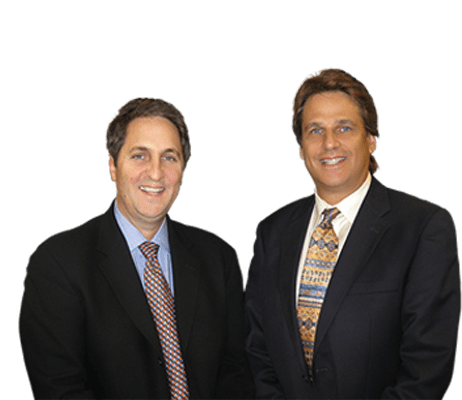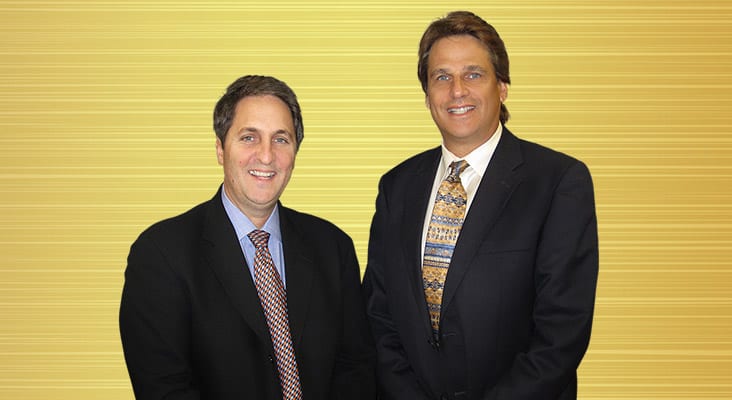
challenges you face.

Do you need a handrail on stairs to make them safe?
According to Florida law, as a general rule, handrail(s) are necessary to make steps or stairs reasonably safe: Whether, as a general rule, handrail(s) are necessary to make steps or stairs reasonably safe, see generally Atlantic Terrace Co. v. Rosen, 56 So.2d 444...
What must be proven to show criminal attack was foreseeable?
According to Florida case law, where the plaintiff alleges that the defendant had a duty to protect against reasonably foreseeable criminal conduct, the plaintiff must prove that the defendant had knowledge of similar criminal actions occurring on the premises: The...
When is a hotel liable for criminal-caused personal injury?
According to Florida law, a hotel may be held accountable if it fails to implement reasonable precautions to prevent or deter the type of criminal activity that resulted in a guest's injury (bodily injuries): An innkeeper may be liable if he fails to take reasonable...
What’s a hotel operator’s legal duty to patrons?
According to Florida law, a hotel owner and/or operator is under a continuing legal obligation to use ordinary care to keep the premises in a reasonably safe condition. They must protect patrons from harm due to reasonably foreseeable risks of injury: A motel operator...
What duties of safety do hotels owe to guests?
According to Florida law, a hotel has a duty to use reasonable care to maintain the premises in a safe condition, warn of concealed perils known to the hotel and conduct inspections: As a registered guest, Yuniter was a business invitee of the motel. See Steinberg v....
What is constructive knowledge?
According to Florida law, constructive knowledge is the inference of knowledge based on existing law or legal principles. For example, under Florida's Premises Liability statute (768.0755), constructive knowledge, based on circumstantial evidence, infers that a...
Does the court consider condition duration in a slip & fall?
According to Florida law, in transitory foreign substance cases, courts look to the length of time the condition existed before the accident occurred: In transitory foreign substance cases, courts look to the length of time the condition existed before the accident...
Is each repetition of defamation considered a publication?
According to Florida law, every repetition of a defamatory statement is considered a publication: Florida law establishes a two-year statute of limitations for actions for “libel and slander.” § 95.11(4)(g), Fla. Stat. (2014). The statute of limitations begins to run...
When must a business or landowner warn of danger?
According to Florida law, in a premises liability case, a business owner or landowner has a duty to warn when their knowledge of the danger is superior to that of the injured party: Looking at the second theory first, it is clear that there was no concealed peril...
Must supermarkets have intensive floor inspection programs?
According to Florida law, supermarkets are required to have an intensive floor inspection program: First, we conclude (a) there are no genuine issues of material fact on the issues of adequate inspection and constructive notice, and (b) the defendant is entitled to a...
